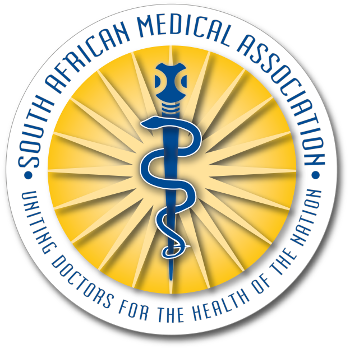18 January 2024
On the 22nd of January 2022 the case of paediatric surgeon, Professor Peter Beale will be held in court, which highlights the dangers that are faced by the medical profession and the community when it comes to criminalising medical errors. Prof Beale is scheduled to stand trial on a range of charges, including three separate murder charges.
From the outset it is important to acknowledge the immense unimaginable pain of the parents who have lost a child. The underlying events are tragic, in every sense of the word.
SAMAs concerns about charging, prosecuting, and convicting doctors, in no way seeks to minimise the impact of such devastating events on the families and loved ones involved. Instead, we are worried that criminalisation of bona fide medical errors and adverse events are an unsuitable response that would do little to prevent future tragedies and may in fact lead to other unwanted consequences that would be detrimental to both the profession and patients.
Unfortunately, the law as it stands and as it is applied may hamper patient safety and the achievement of a safety culture (where systems thinking, rather than individual blame, is applied to learn from incidents to create better systems and provide safer care). The criminal justice system often ignores organisational factors to instead target the individual who happened to hold the scalpel when the incident occurred. Such a punitive, unbalanced approach not only impacts that particular doctor, but all others who become fearful that they could easily suffer a similar fate. This does very little to deter unavoidable errors, but it certainly could deter doctors from undertaking operations that are inherently high-risk (diminishing access to specialised care).
Where a doctor is reckless or grossly negligent, criminal prosecution may of course be warranted. However, no ethical doctor enters an operating theatre with the intention of harming a patient. In fact, quite the opposite. And when things go wrong, as they unfortunately sometimes do in medicine, doctors are just as devastated and often overcome with feelings of guilt.
Perhaps due to a lack of proper transparent structures to investigate, explain, account, and resolve such instances, families understandably turn to the criminal justice system for answers and accountability. Inefficiencies in how complaints are handled by the Health Professions Council of South Africa may have exacerbated this trend. Unfortunately, the criminal justice system isn’t always just or conducive to a safer healthcare system.
Reform is urgently needed. Most of the calls for reform have focused on the civil justice system, but the way in which the criminal justice system handles medical mishaps, requires similar serious attention and intervention. These tragic mishaps raise profound ethical questions about how we assess accountability in healthcare. However, charging doctors with murder in cases of medical error is unjustifiably extreme, detrimental to patient safety, may deter doctors from certain risky procedures and specialties, and disregards the complexities and challenges inherent in medical practice.
(ENDS)
